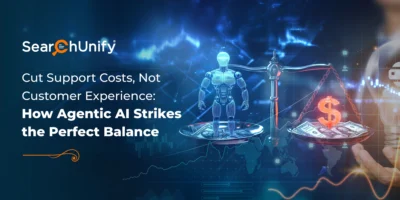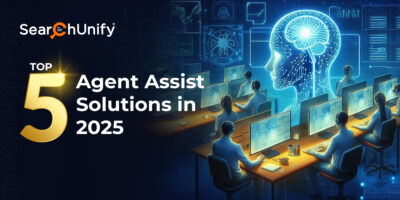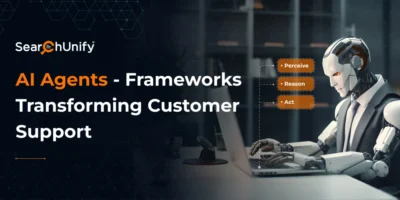
As artificial intelligence continues to redefine industries, a notable innovation is gaining attention: Model Context Protocol (MCP). If you’re wondering what MCP is and why it matters, this article breaks down the essentials and explains why MCP is a game-changer for AI agents and businesses alike.
What is MCP?
At its core, Model Context Protocol (MCP) is a standardized way to connect AI agents with various external tools and data sources. Imagine it as a universal adapter that allows large language models (LLMs) and agentic applications to interact seamlessly with APIs, databases, and other resources.
How Does MCP Work?
MCP operates on a client-server architecture consisting of three primary components:
- Host Application: The AI interface (such as Claude Desktop or Cursor) interacts with users and initiates connections.
- MCP Client: It acts as a bridge, translating the host application’s requests into a standardized format that the MCP server can understand.
- MCP Server: This component handles the actual data interaction. It provides context, exposes specific functions, and retrieves information from local or remote resources.
MCP relies on JSON-RPC 2.0 as its messaging protocol, ensuring lightweight and efficient communication between these components.
Why MCP Matters
1. Simplified Integration: Without MCP, integrating AI with new data sources involves writing unique code for each connection. MCP streamlines this by offering a single, reusable framework, reducing development time and complexity.

2. Enhanced AI Capabilities: MCP allows AI agents to perform more complex tasks by acting as a unified interface. From retrieving real-time data to automating workflows, MCP enables AI to go beyond simple responses and take proactive actions.
3. Scalability and Flexibility: MCP makes it easier for organizations to scale AI capabilities. Businesses can add new data sources or tools without overhauling their AI infrastructure, ensuring future-proof systems.
How SearchUnify Agentic AI-Powered Solutions Align with MCP
SearchUnify’s suite of Agentic AI-powered solutions seamlessly complements MCP’s capabilities through robust integrations, intelligent workflows, and advanced interoperability. With products like the Intelligent virtual assistant, Unified Cognitive Platform, Knowbler, and Agent Helper, SearchUnify empowers customer support teams to:
- Automate contextual responses and retrieve relevant information instantly.
- Identify recurring issues and proactively address knowledge gaps.
- Optimize resources through advanced clustering and semantic search capabilities.
This ensures that support teams can achieve faster resolutions, improve accuracy, and deliver exceptional customer experiences.
In essence, the Model Context Protocol is not just a technological innovation but a strategic necessity.
The Business Impact of MCP
MCP isn’t just a technical upgrade—it opens new business opportunities. Companies can leverage MCP to build innovative, connected AI solutions, unlocking new revenue streams. Industries like healthcare, logistics, and finance can automate complex processes, saving both time and money.
Additionally, MCP fosters innovation by enabling AI agents to independently decide which data sources to use. This autonomy allows businesses to explore new use cases, create intelligent workflows, and expand into previously inaccessible markets.
The Future of AI with MCP
As the adoption of MCP grows, we are moving toward a future where AI is not just a passive tool but an active participant in decision-making. AI agents equipped with MCP can handle micro-tasks, interact with diverse systems, and deliver real-time solutions without human intervention.
By embracing MCP, businesses position themselves at the forefront of AI innovation. It represents a shift from static AI applications to dynamic, responsive systems that drive efficiency and unlock new possibilities.
Are you ready to harness the power of MCP? Let’s Talk











